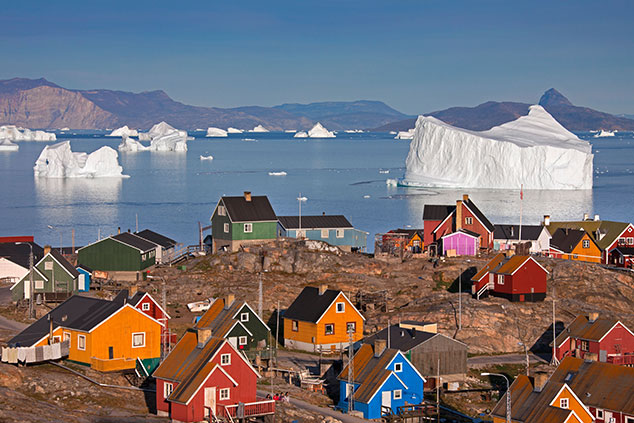
We cover a lot of ground. But the one thing that comes up again and again is the huge size, vast influence and often crappy behaviour of the world’s multinational corporations. Unless this lot get their act together – on executive pay, on treatment of suppliers, on tax and on consumer protections – capitalism is doomed, say my panellists.
Read this week’s newspapers, then, and you might think there is room for optimism. The Times points out that CEO pay in the UK has fallen 16% to a mere £4.7m, proof perhaps that “they are listening” to our discontent. They are now paid only 114 times as much as the average of other employees at their companies.
Better still, surely, is the news that one of America’s biggest business groups (the Business Roundtable) has produced a new “statement of purpose”. From now on shareholders are to be considered not as the prime beneficiary of a company’s operations but just as one of five sets of stakeholders (the others are workers, customers, suppliers and communities). Isn’t that nice?
Most of you will say yes. Very nice. We say no. It isn’t nice. Big company CEOs have picked up today’s political mood music. They know everyone’s feeling a bit like my panels do. But they’d really like the status quo (the bit where they make fortunes running powerful oligopolies) to continue. So in order to head off real change being forced upon them, they are offering a little fiddling around the edges – earning 114 times the average salary rather than 144 times, for example.
But this isn’t enough. What we really need, if we want to return to a world of sustainable capitalism (the kind Adam Smith so believed in) is not a cabal of mega firms leading “reform”, but a flood of competition forcing it. And that in turn means breaking down some of the barriers to entry (mostly regulatory) that have inhibited small-firm formation over the last decade.
Big firms love regulation because it creates barriers to entry (the Roundtable will be suggesting some new rules any day now). Governments love it too: all of them think more government is good government. But the truth is that if we want to dent the destructive power of very big business (and hence crony capitalism) we need to help smaller firms – who hate it. Quite fast.
Outside these big macro discussions, I have been asking panellists what investment they would hold for ten years. So far no one has said Uber. But Tim Price of Price Value Partners has tipped gold. Russell Napier of ERIC agrees over ten years, but suggests US Treasuries over two. James Ferguson of Macro Strategy Partners suggests oil and James Anderson of Baillie Gifford says disruptive innovations (you can short-cut this with his Scottish Mortgage Investment Trust). Otherwise, if you have an awful lot of cash to spare, you could make an offer for Greenland. That wouldn’t be a bad thing to own long term.